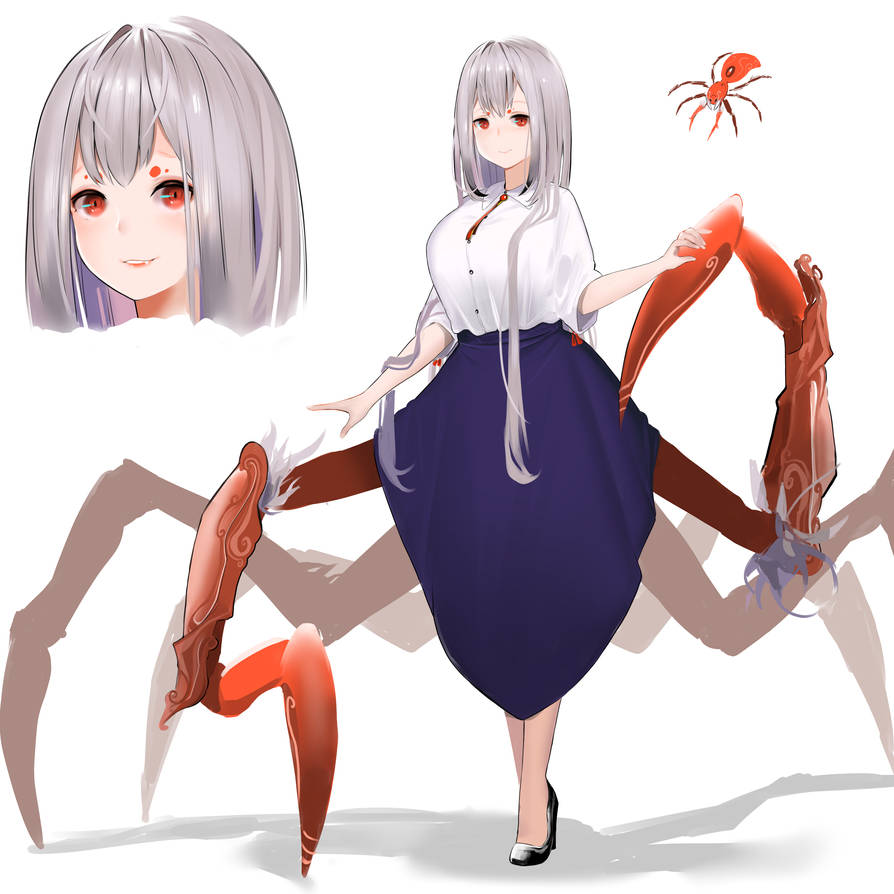Check Fan Art to Fan Base – The Impact of Webtoons on Fandom Culture
Webtoons, a digital platform for publishing and reading comics, have significantly altered the landscape of fandom culture, bridging the gap between creators and fans in unprecedented ways. With its user-friendly interface and accessibility, Webtoons have democratized the creation and consumption of fan art, fostering a vibrant and interactive community. One of the most notable impacts of Webtoons on fandom culture is the empowerment of fans to become creators themselves. Through the platform’s easy-to-use tools and wide reach, fans can now transform their passion for existing franchises into original artwork and comics, thereby contributing to the expanding universe of fan-created content. This democratization of content creation has not only enriched the diversity of fan works but has also provided a platform for marginalized voices and underrepresented narratives to be heard and celebrated within fandom spaces. Moreover, Webtoons have revolutionized the way fans engage with their favorite content, offering a more immersive and interactive experience compared to traditional mediums.

The platform’s format, which allows for vertical scrolling, lends itself well to storytelling techniques that enhance reader engagement, such as cliffhangers and unexpected plot twists. This dynamic storytelling style not only captivates audiences but also encourages active participation through comments, likes, and shares, fostering a sense of community among fans and creators alike. As a result, Webtoons have become hubs of fan activity, where enthusiasts can connect with like-minded individuals, share their interpretations of the source material, and even collaborate on creative projects, further blurring the lines between creator and audience. Furthermore, the influence of 툰코 extends beyond individual fandoms, shaping broader trends in pop culture and entertainment. The success of Webtoon adaptations, such as Tower of God and Noblesse, has attracted the attention of mainstream media companies and sparked a wave of interest in webcomics as a viable source of intellectual property. This increased visibility not only validates the work of Webtoon creators but also exposes a wider audience to the rich tapestry of stories and characters born out of fandom culture.
However, alongside the many positive impacts, Webtoons have also raised questions about the commodification and commercialization of fandom culture. As the platform continues to grow in popularity, there is a risk of corporate interests overshadowing the grassroots creativity and community spirit that initially defined it. Issues such as copyright infringement and intellectual property rights have become increasingly contentious, as fans navigate the complex legal landscape of creating derivative works based on existing properties. Moreover, the rise of influencer culture within fandom spaces has led to concerns about authenticity and representation, as commercial interests often prioritize marketability over genuine fan expression. While the platform has brought about many positive changes, it also presents challenges and complexities that require careful consideration as fandom culture continues to evolve in the digital age.
